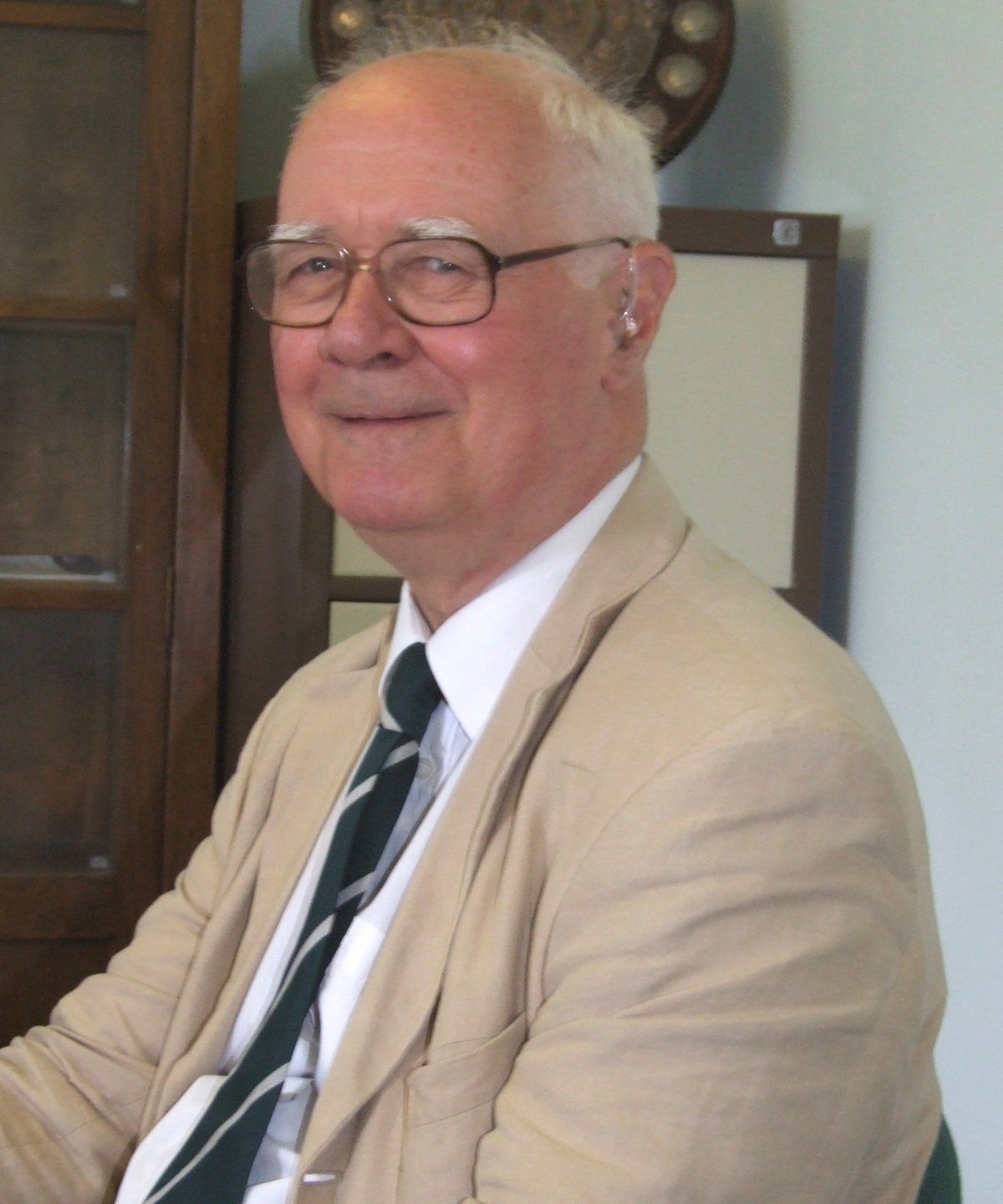Divine Action: An Interview with John Polkinghorne http://www.aril.org/polkinghorne.htm by Lyndon F. Harris in Cross Currents, Spring 1998, Vol. 48 Issue 1.
John Polkinghorne: Frasi in inglese
page 29-30.
Quarks, Chaos & Christianity (1995)
page 64.
Quarks, Chaos & Christianity (1995)
page 51.
Quarks, Chaos & Christianity (1995)
page 89.
Quarks, Chaos & Christianity (1995)
